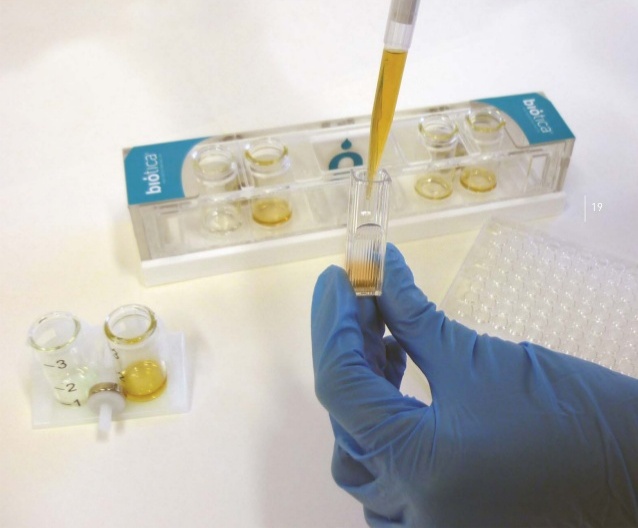Now that we all have rapid COVID tests in mind, who would imagine having to wait two weeks for a result? Whether it’s negative for peace of mind or positive to act quickly and implement the necessary measures to prevent its spread.
The same comparison applies to the new rapid Legionella detection systems in cooling towers; a magnificent advancement that can immediately alert us to the presence of this bacteria and prevent its spread by taking immediate necessary measures. On the other hand, relying on the culture method, which takes 15 days for results, seems absurd when considering that bacteria can continue to proliferate during that time.
The rapid Legionella detection methods were carefully evaluated by experts who developed the UNE 100030 standard and were definitively approved as not only valid but probably the most accurate and reliable methods. This was seen as a significant step for prevention throughout the sector. However, surprisingly, the new draft of the Royal Decree does not consider these methods valid for routine use and relegates them to exceptional conditions such as outbreaks or other special needs.
Likewise, the update of the Royal Decree regarding the levels of CFU/ml taken into account and based on which different actions are recommended for cooling towers should be consistent with the UNE 100030 standard. If the latest studies conducted by technical experts over several months conclusively determined certain minimum values, it does not seem appropriate to apply different minimums in a different legislative context. Not only does this lead to confusion and allow different actors to choose the rule that suits them best in each case, but it is also evidently a clear setback that is not harmonized with other countries or with the national prevention and control regulations.
At EWK, we believe that the future of Legionella management lies not only in rapid detection but also in the automation of sample collection and real-time online communication of results, which will alert to possible high levels of CFU/ml and trigger all preventive mechanisms.
